Victoria Noe
ALLi Author Member
Location: United States of America (the)
Genres: General Nonfiction, History, Narrative Nonfiction, Self-Help/Personal Development, Other
Skills: Performance/Spoken Word, Press/Media Interview, Reading/Literary Event, Self-publishing Workshop/Training, Speaking Engagement/Lecture
I've been a writer most of my life but didn't admit it until 2009, when I began to keep a promise to a dying friend that I would write a book about people grieving their friends.
That book became the Friend Grief series of 6 nonfiction books about people whose lives changed when their friend died.
The next book was completely different - Fag Hags, Divas and Moms: The Legacy of Straight Women in the AIDS Community. Also nonfiction, it fills a gap not only in women's studies but the literature of the epidemic itself, and has established me as a spokeswoman/expert on the topic.
Most recently, I've returned to writing about friend grief, but not another book in that series. This one is different: longer, more complicated, even more personal. What Our Friends Left Behind: Grief and Laughter in a Pandemic comes out in spring, 2023.
Victoria Noe's books
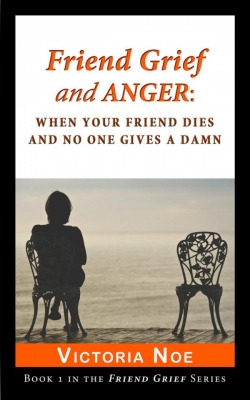
Friend Grief and Anger: When Your Friend Dies and No One Gives A Damn
"It's not like they're family."
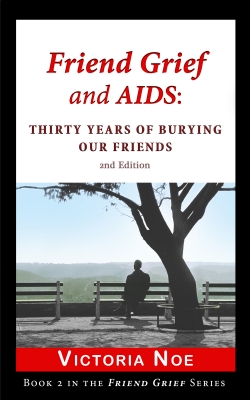
Friend Grief and AIDS: Thirty Years of Burying Our Friends
It's been likened to a plague, but AIDS was never just a health crisis.
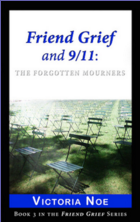
Friend Grief and 9/11: The Forgotten Mourners
"Families only "
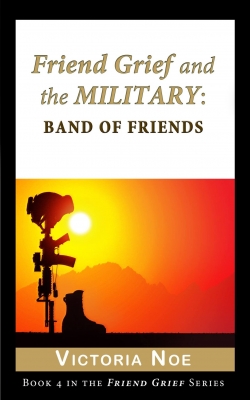
Friend Grief and the Military: Band of Friends
"They were killing my friends."
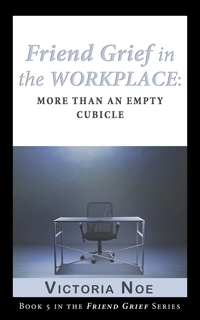
Friend Grief in the Workplace: More Than an Empty Cubicle
They're friends and coworkers, so when they die, it's not only a personal and professional loss but a challenge: How can you grieve and get your work done, too?
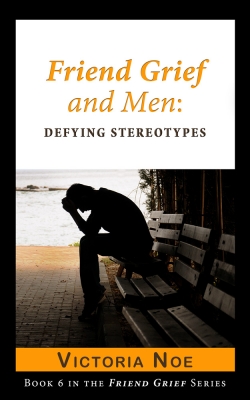
Friend Grief and Men: Defying Stereotypes
"Be a man."
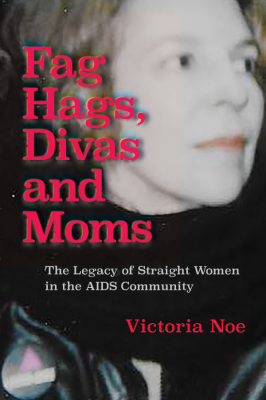
Fag Hags, Divas and Moms: The Legacy of Straight Women in the AIDS Community
The history of the AIDS epidemic has largely been told from the perspective of gay men: their losses, struggles and contributions. But what about the women - in particular, straight women? Not just Elizabeth Taylor and Princess Diana, but thousands whose accomplishments have never been recognized?









